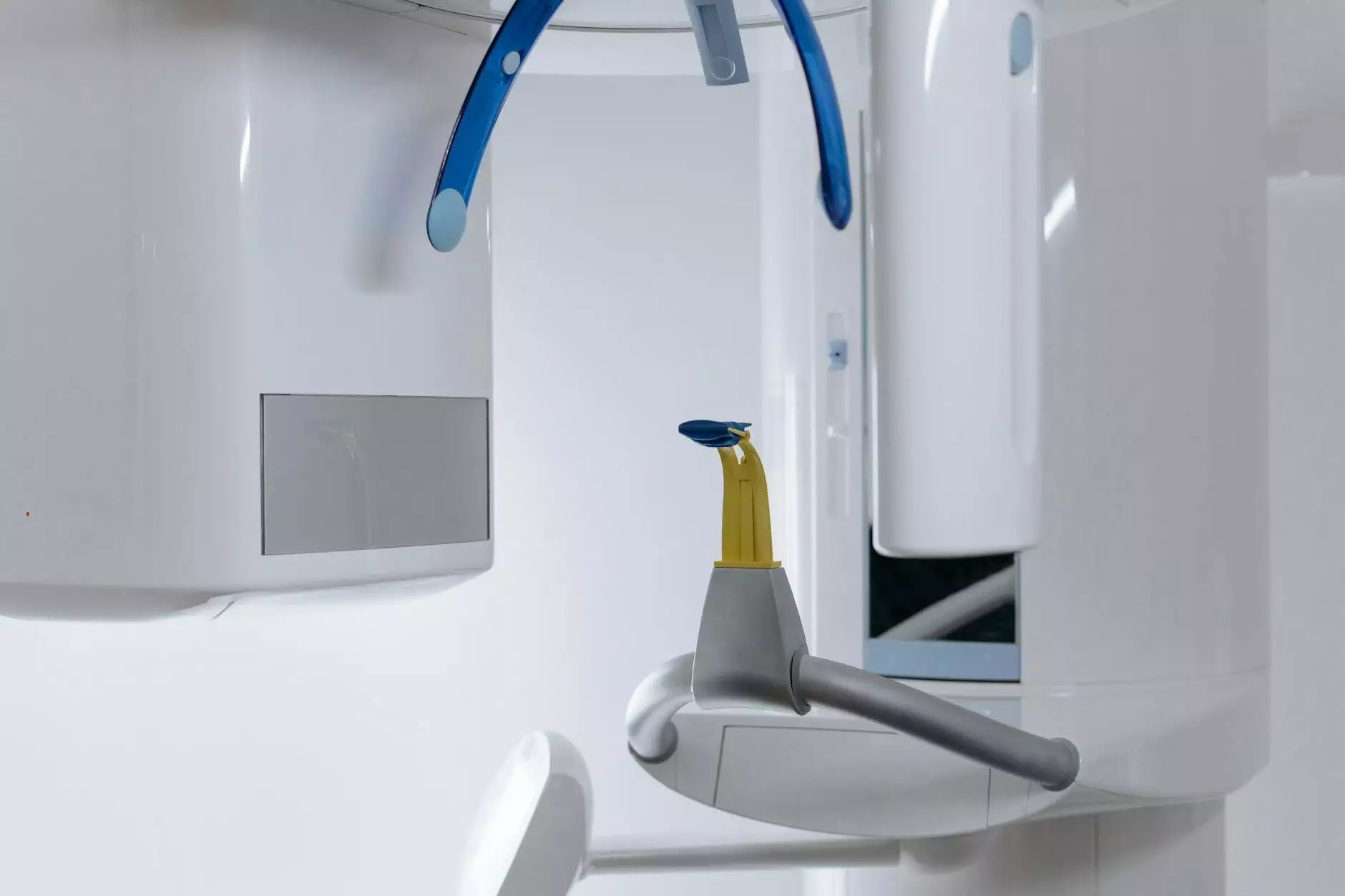Revolutionizing the CRM Pharmaceutical Industry: Driving Success with Cutting-Edge Solutions

The pharmaceutical industry has undergone significant changes over the years, especially with the rapid advancement of technology. One of the most influential tools that have reshaped its landscape is Customer Relationship Management (CRM) systems. This article delves deep into the transformative role of CRM in the pharmaceutical industry, illustrating how it enhances operations, improves customer relationships, and ultimately drives success.
Understanding CRM in the Pharmaceutical Context
At its core, a CRM system is a technology for managing all your company’s relationships and interactions with potential and existing customers. In the pharmaceutical industry, CRM systems serve as a pivotal hub for managing data related not only to customers but also to healthcare providers (HCPs), payers, and patients.
Key Features of CRM Systems in Pharmaceuticals
- Data Integration: Centralizes data sources for easy access, offering a holistic view of interactions.
- Analytics: Provides detailed analytics to track performance, understand trends, and forecast sales.
- Patient Management: Helps in tracking patient interactions and improving follow-up communications.
- Compliance Management: Ensures adherence to regulatory requirements, critical in the pharmaceutical sector.
- Segmentation: Enables better targeting and personalization based on customer needs and behaviors.
The Importance of CRM in the Pharmaceutical Industry
In today's competitive landscape, the importance of CRM in the pharmaceutical industry cannot be overstated. The industry faces unique challenges, such as stringent regulations, complex distribution channels, and the necessity for precise communication with HCPs and patients. Effective CRM solutions offer several advantages:
Enhancing Customer Relationships
CRM tools empower pharmaceutical companies to enhance customer relationships. By utilizing integrated platforms that document interactions and preferences, sales and marketing representatives can maintain consistent and personalized communication. This capability not only fosters loyalty but also increases the potential for cross-selling and upselling.
Optimizing Marketing Efforts
With advanced CRM systems, pharmaceutical companies can optimize marketing efforts. These systems provide valuable insights into customer behavior, helping marketers to tailor their campaigns effectively. Leveraging data analytics, companies can identify which messages resonate, which channels to pursue, and the best times for outreach.
Improving Operational Efficiency
Operational efficiency is critical in the pharmaceutical sector. CRM systems streamline various processes, including lead management, reporting, and compliance tracking. Automation features ensure that repetitive tasks are handled effectively, freeing up valuable time for sales teams to focus on building relationships.
CRM Implementation Strategies in the Pharmaceutical Sector
To reap the full benefits of CRM systems, pharmaceutical companies need to implement them strategically. Here are some effective strategies:
1. Define Clear Objectives
Before selecting a CRM system, it is vital to define clear objectives. Understand specific pain points within the organization and how a CRM can solve them.
2. Involve Key Stakeholders
Involve key stakeholders from various departments such as sales, marketing, and compliance during the CRM selection process. Their insights can help choose a system that meets the diverse needs of the organization.
3. Provide Comprehensive Training
Once the CRM is implemented, comprehensive training is crucial. Employees should be comfortable navigating the system to maximize its potential and improve overall performance.
4. Continuously Monitor and Adapt
After implementation, continuously monitor CRM performance and gather feedback from users. This iterative process ensures that the system evolves with changing business needs.
Case Studies: CRM Success in Pharmaceuticals
To exemplify the effectiveness of CRM systems, here are notable case studies from the pharmaceutical industry:
Case Study 1: A Major Pharmaceutical Company
A leading pharmaceutical company faced challenges in managing their HCP interactions. By implementing a CRM solution, they streamlined data collection and reporting processes, resulting in a 30% increase in efficiency for their sales team. Additionally, personalized marketing campaigns led to a substantial rise in HCP engagement.
Case Study 2: A Specialty Drug Manufacturer
A specialty drug manufacturer utilized CRM to enhance patient management. They integrated their system with patient support programs, allowing them to track patient progress and proactively address concerns. This approach not only improved patient satisfaction rates but also resulted in improved adherence to medication regimens.
Challenges of Implementing CRM in the Pharmaceutical Industry
While the benefits of CRM systems are significant, pharmaceutical companies often face challenges during implementation:
Data Privacy Concerns
The pharmaceutical industry is governed by stringent data privacy regulations. Therefore, companies must ensure that their CRM systems comply with regulations such as HIPAA in the United States and GDPR in Europe.
Integration with Legacy Systems
Many pharmaceutical companies operate with legacy systems. Ensuring that new CRM tools integrate seamlessly with existing platforms can be technically challenging and resource-intensive.
Change Management
Transitioning to a new CRM system often meets resistance from employees accustomed to traditional processes. Effective change management strategies are necessary to ensure a smooth transition.
Future Trends in CRM for the Pharmaceutical Industry
As technology evolves, the CRM pharmaceutical industry is poised to undergo additional transformations. Here are some trends to watch:
1. Increased Use of AI and Machine Learning
Artificial intelligence (AI) and machine learning are set to revolutionize how pharmaceutical companies utilize CRM systems. Predictive analytics can provide insights into HCP behavior, enabling more effective targeting and sales strategies.
2. Enhanced Mobile Accessibility
With the rise of mobile technologies, the demand for mobile CRM solutions will increase. Sales representatives in the field will benefit from real-time access to information, improving decision-making and response time.
3. Focus on Patient-Centric Approaches
There will be a growing emphasis on patient-centric approaches, where CRM systems not only track interactions but also provide valuable support services to enhance patient experiences and outcomes.
Conclusion: The Future Is Bright for CRM in the Pharmaceutical Industry
As the pharmaceutical industry continues to adapt to changing landscapes, the adoption of effective CRM systems will remain critical. Companies must leverage these powerful tools to enhance customer relationships, optimize operations, and drive overall success in the pharmaceutical industry. By embracing the advancements in CRM technology, pharmaceutical companies can position themselves ahead of the competition, ensuring a brighter future for both their business and the patients they serve.
In summary, the integration of CRM systems in the pharmaceutical industry is not just a trend; it is a necessity. As companies strive for excellence in customer engagement, operational efficiency, and regulatory compliance, the right CRM solutions will prove to be indispensable allies in achieving their goals.









